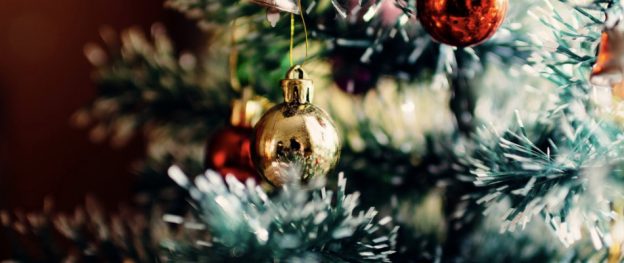We all know that plastic is disastrous for the environment, but it is now being revealed that plastics are making their way into our bodies.
We’re consuming plastic every day in our drinking water.
A disturbing report from Orb demonstrates that ‘tap water samples in cities on five continents is contaminated with microscopic plastic fibers. Plastic is pouring out of faucets from New York to New Delhi. Scientists say they don’t know how these fibers reach household taps, or what their health risks might be, but experts suspect plastic fibers transfer toxic chemicals when consumed by humans’.
More than 40% of our plastic containers are single-use, but ‘plastic persists in the environment for centuries’. It is perhaps no wonder that plastics are making their way into our food chain, but what is striking it the worldwide scale of the problem:
‘The contamination defies geography: The number of fibers found in a sample of tap water from the Trump Grill, at Trump Tower in Manhattan, was equal to that found in samples from Beirut. Orb also found plastic in bottled water, and in homes that use reverse-osmosis filters. 83 percent of samples worldwide tested positive for microscopic plastic fibers.’
The government’s recent targeting of single-use plastics could not be more timely, but the revelation that microscopic man-made fibres are now getting into our bodies should encourage us all to resist single-use, and find refillable reusable solutions.
https://www.plasticoceans.org/wp-content/uploads/2017/09/Orb-Media-Plastics-Story-Toolkit.pdf

